The attempts at home inspection began in the early 1970s when buyers started to hire contractors to perform pre-purchase inspections on homes they were willing to buy. Ever since then a thorough inspection of homes before the purchase has become a regular practice. Today, over 84% of homebuyers request a rigorous inspection.
However, it is important to understand here that both home inspections and property inspections are different. People often use them interchangeably but both terms cover different aspects. Under home inspection, the interiors and exteriors of the house are inspected while in the case of property inspections, the house is checked for mortgage payment defaults, taxes, insurance bills, and other legal formalities.
Therefore, it is imperative to find a relevant, authentic and skilled inspector, which is no easy task. However, if you have a trusted realtor by your side, then they can help you identify the inspection you need to go for and use their connections to get you a proficient and experienced inspector.

While a standardized home inspection usually gives you a detailed report of the house you desire to buy, it might not give you the holistic and perfect picture of the same. Depending on the location, age and condition of the house; you might have to go for a peculiar or certain kind of inspection. For this; you need to be aware of the types of inspections that run in the market today.
Here, we have attempted to cover the 7 most prominently known home inspections. Read through to figure out which one you need to apply-
1. Roof inspection
A roof above their head is something that every human looks for. Not just the roof but the quality of it matters too! You don’t want to live in a house with a roof or ceiling that has water dripping through leaks, rotting wood underneath or signs of mold. How to determine if you need a roof inspection? Look for signs of loose shingles, algae growth, cracks in the structure and so on. If the house is 20- to 25-year-old; it is recommended you go for a roof inspection regardless of visible signs.
2. Lead-based paint inspection
Lead has been found to pose grave risks to human health. It can cause damage to the production of blood cells and calcium absorption, and in certain cases, impact the kidney and brain too. Young ones are more vulnerable to lead exposure. Therefore, you need to ensure your home paint is lead-free. Lead-based paint inspection is recommended for homes built prior to 1978. The inspector will look for chipped or peeling paint around the house, collect samples and get it tested in a lab.

3. Pest termite or rodent
Living with pests, termites or rodents is an invitation to disease and illnesses. When you get a pest, termite or rodent inspection; the inspectors will evaluate the interiors and exteriors of your house for any signs of infestation. The process can involve taking moisture readings, looking for mud tubes, piles of wings, damaged wood, gnawed wiring, droppings and so on.
4. Radon inspection
It has been estimated that around 15,000 to 22,000 lung cancer deaths are attributed to or related to Radon. 1 out of 15 homes is believed to have elevated Radon levels, which heightens the chances of lung cancer. If the level at your desired home registers 4 pCi/L; then you need to be concerned with getting a Radon inspection. You can either go for a short-term test lasting for 2-3 days or a long-term test for 90 days. The test should be undertaken for a long duration since radon levels can fluctuate. Radon inspection should especially be done if your property has a basement or crawlspace as radon tends to elevate at lower levels of the home.
5. Plumbing and water system inspection
If you notice signs of leakage, low water pressure, slow drains or if the house you are about to buy is built before 1990; you must get a plumbing and water system inspection done at the earliest. The inspection will employ either a visual check or a diagnostic camera to verify all appliances and fixtures are working well and installed according to codes.

6. Foundation or structural inspection
If you suspect an issue with the home’s foundation or frame then without delay you must get a foundation or structural inspection done. Structural issues can lead to a plethora of problems like cracks that leave your home vulnerable to pests and water damage, sagging roofs and angled floors. The inspector scans for cracks above doorways, distinct slopes, and alignment and works on mending these.
7. Electrical inspection
We all are familiar with treacherous electrical accidents. None of us wants to expose our families to these. This is why electrical inspection is vital for the safety of you and your family. An electrical inspector can look for exposed wiring, modified panels, underground outlets and other issues that pose a potential risk. An electrical inspection is recommended for anyone who is buying a previously owned house irrespective of age.
Buying a home is an expensive affair and you don’t want to be in a situation when just after spending a fortune, you need to incur additional costs on repairs. Surprise expenses are never good and can put you under financial strain. Prevention is certainly better than cure. With inspection done beforehand, you can negotiate with the seller about fixing deficiencies or reducing price and in case of severe flaws, withdraw from the deal just in time!
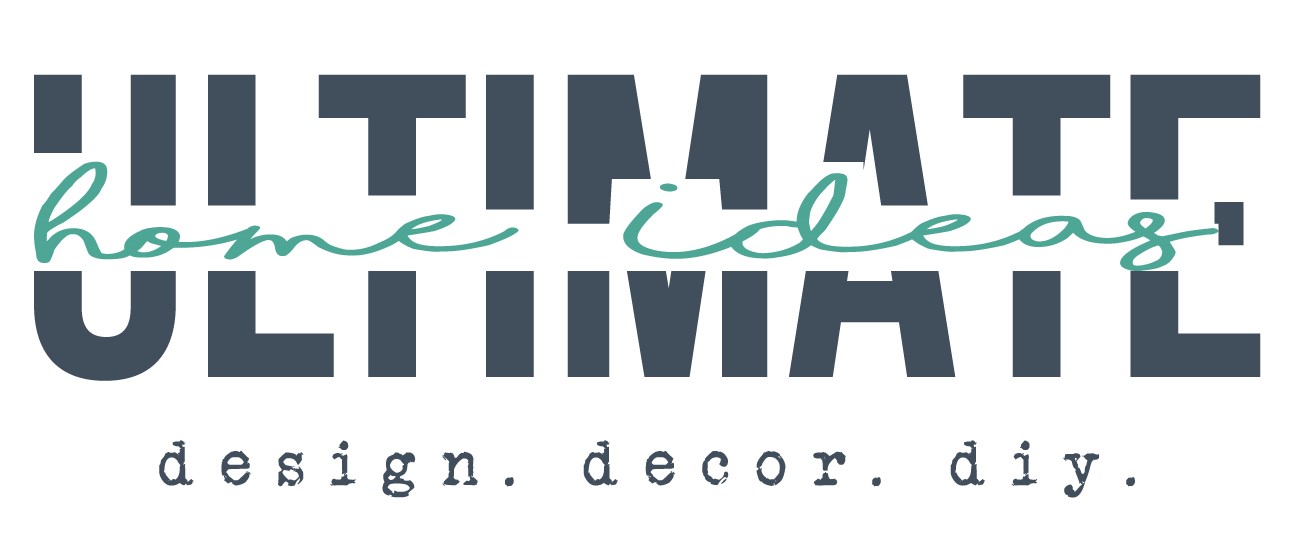










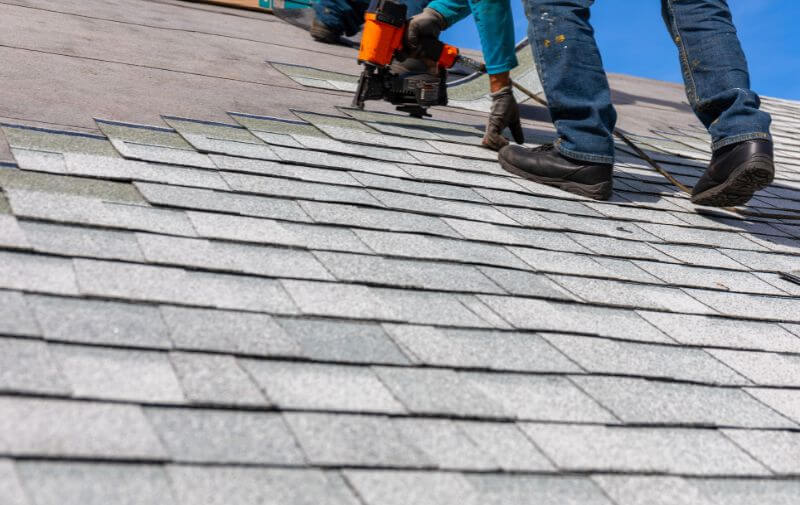
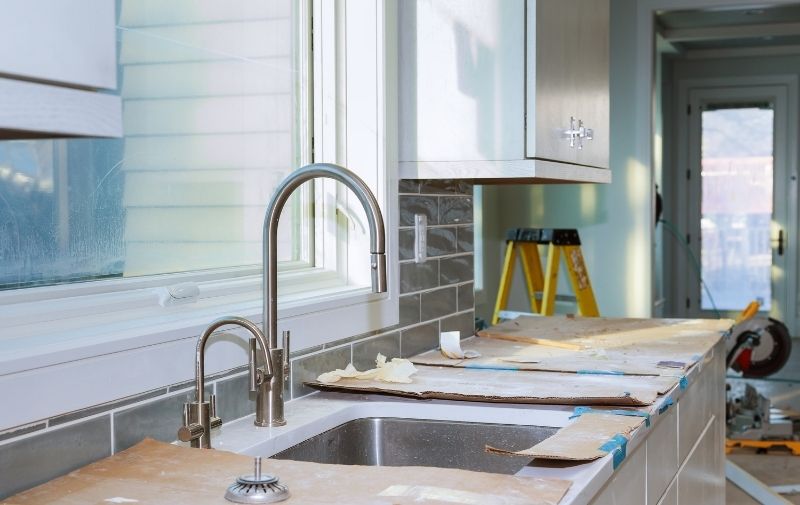

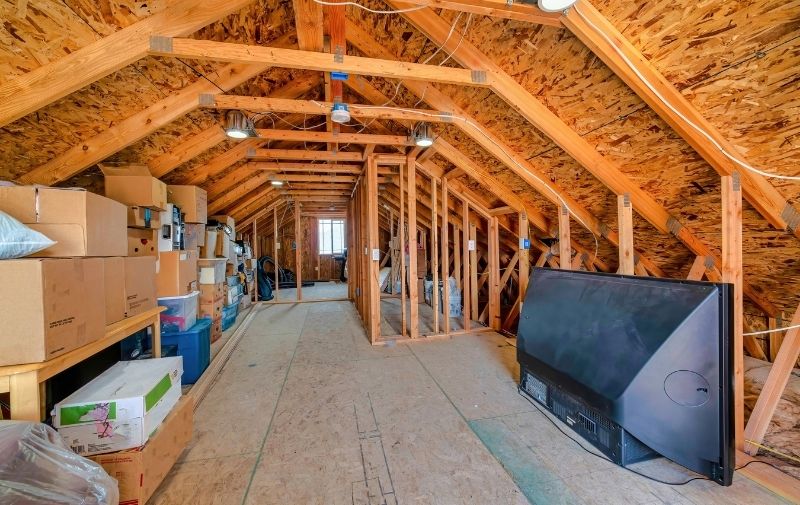
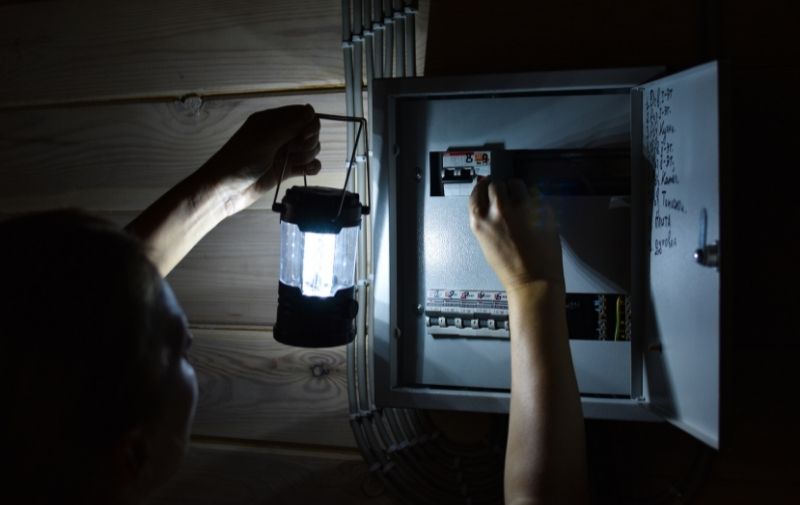
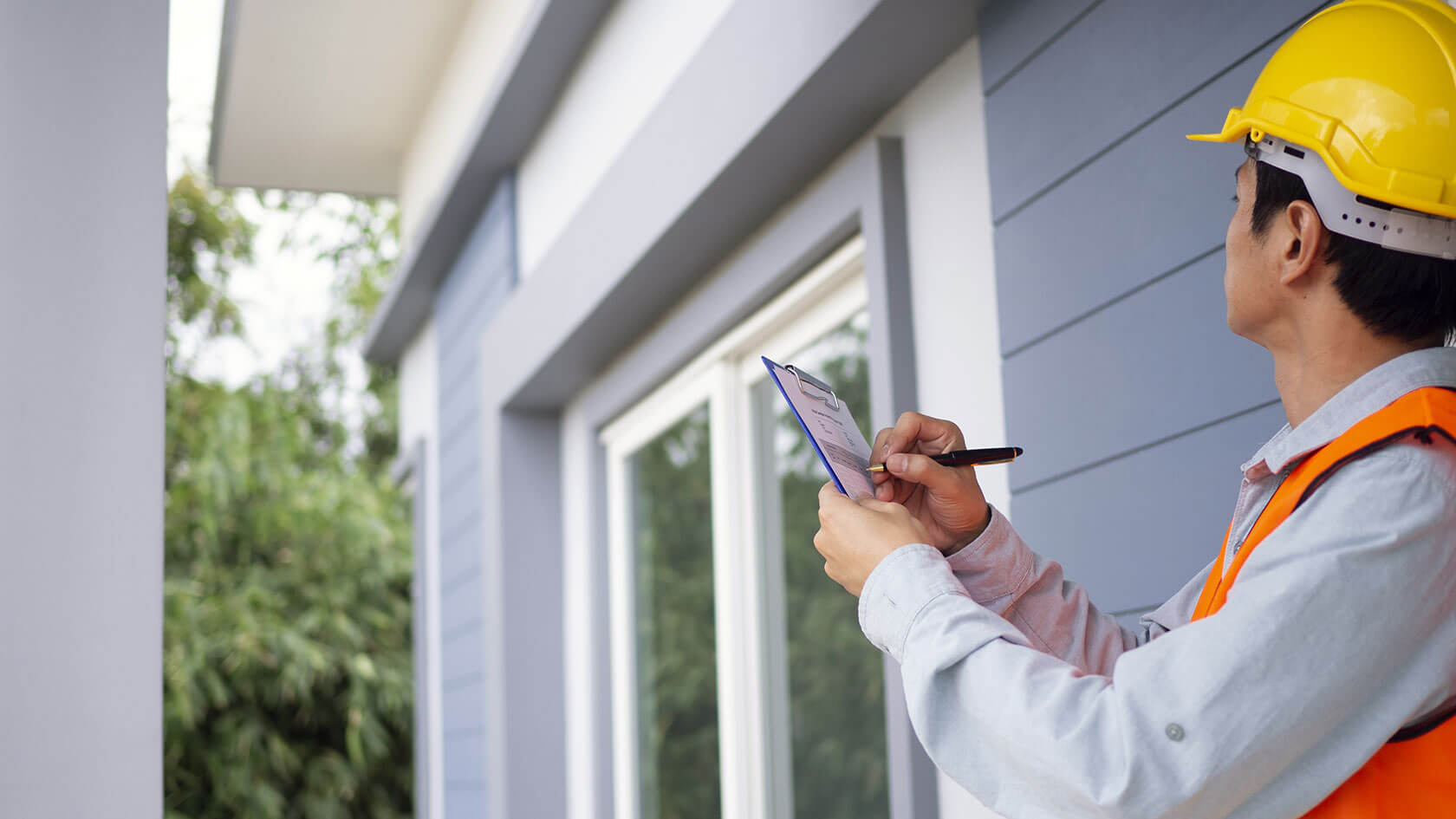


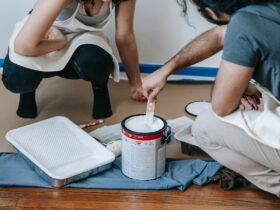

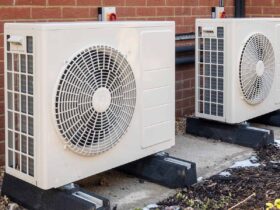
Leave a Reply